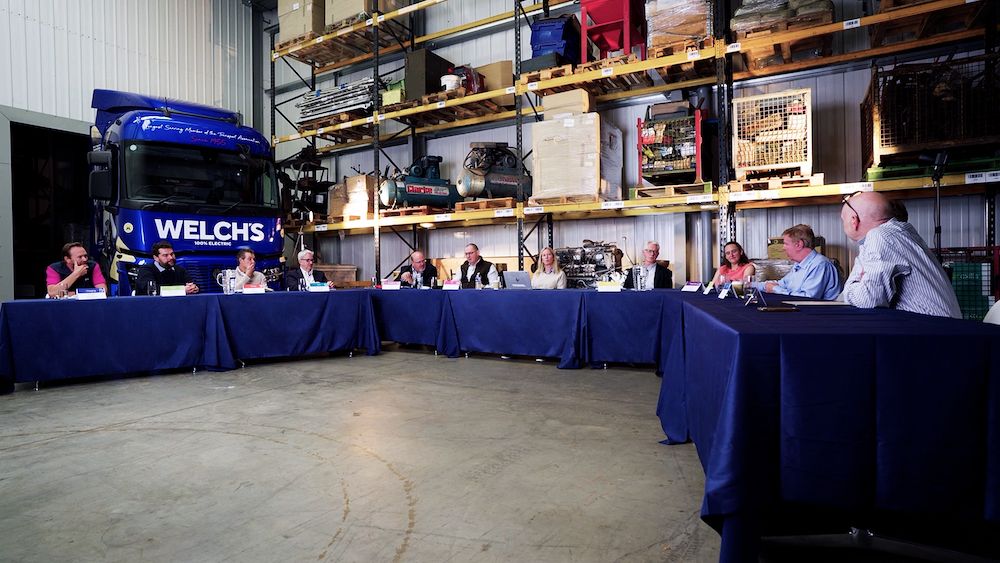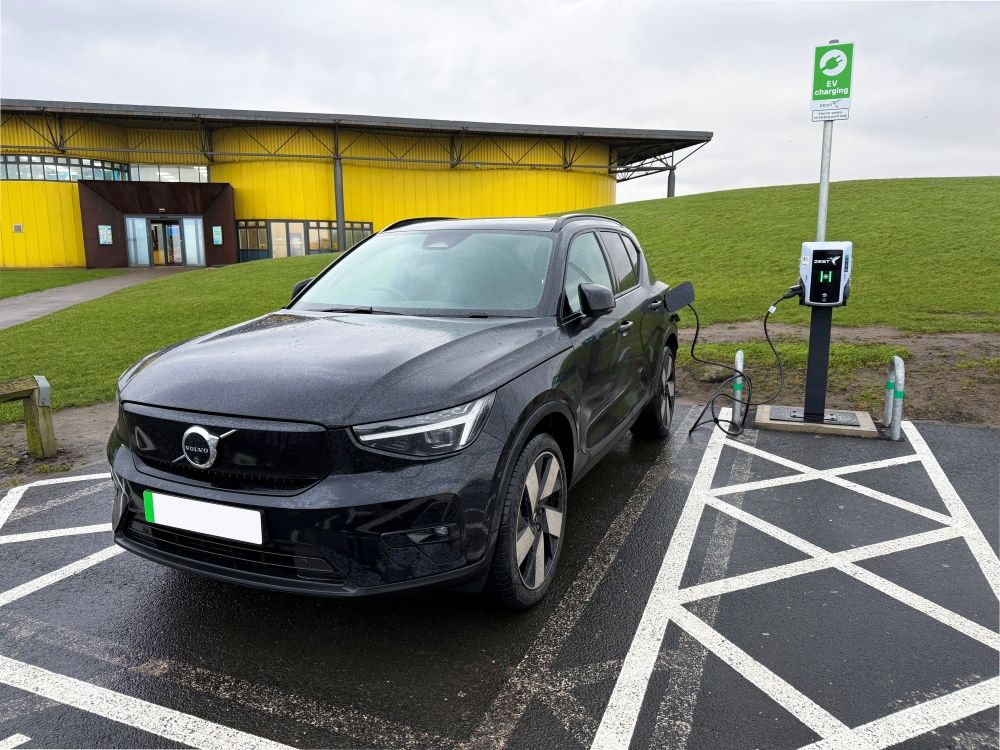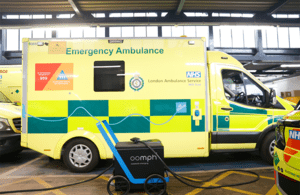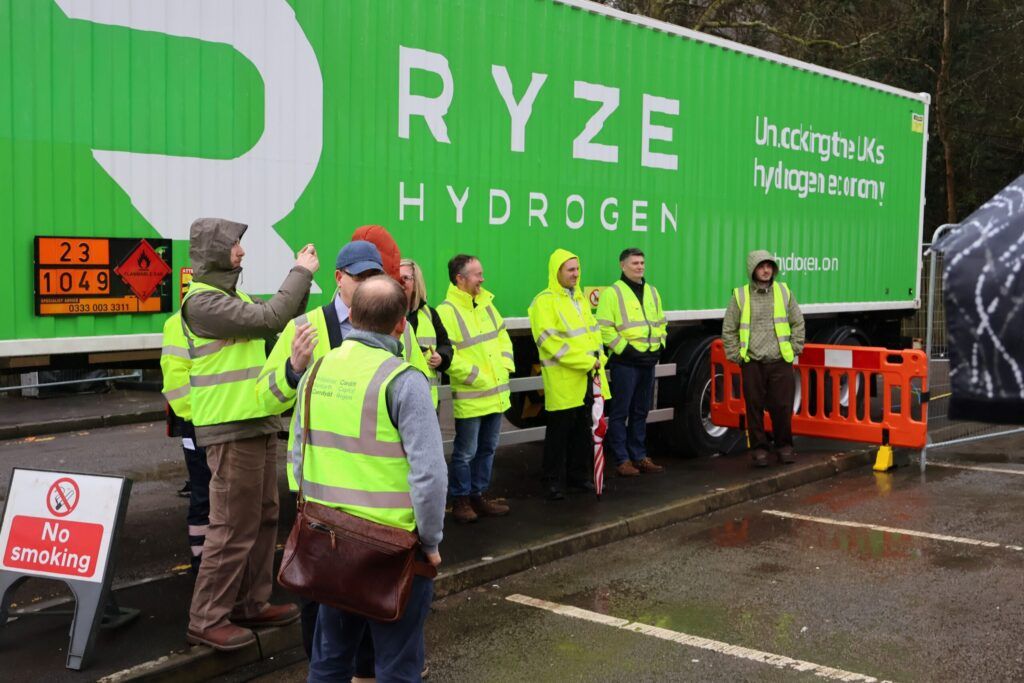Welch Group has launched its ‘12 Pillars of Change’ through the TwentyForty innovation platform to build a roadmap for zero emission freight by 2040.
The 12 Pillars were launched through the TwentyForty innovation platform at an inaugural event, which brought together twelve leaders from across the freight ecosystem to define a practical, industry-led roadmap for decarbonising heavy goods vehicles (HGVs) – ahead of the UK’s 2040 phase-out of new fossil fuel truck sales.
The pillars initiative addresses one of the toughest challenges in the UK’s net-zero journey: how to decarbonise freight when there is no settled roadmap for HGV decarbonisation, it said, adding that “debate is often politically charged, fragmented and disconnected from the operational reality of fleets, infrastructure and finance”.
It described the pillars as “designed as a collaborative, industry-owned framework”, unlike other traditional lobbying efforts, and brings together the critical sectors that must collaborate for zero emission freight to succeed: Advocacy, 3PL, Grid, Trade Bodies, Energy, Private Fleet, Charging, Academia, Finance, OEMs, Independent Operator, Digital.
The first roundtable event was held at Welch Group’s Duxford HQ, which will help shape a zero emission freight future that reflects both policy ambition and operational reality, it added.
It will determine the initiative’s next steps, which will explore the barriers identified through a series of follow up sessions.
Jamie Sands, Head of Solutions at Welch Group, said:
“The 12 Pillars of Change is basically us asking the awkward question: what’s it really going to take to get zero-emission freight done? Not the glossy slides or the big promises, but the day-to-day stuff operators have to wrestle with. We’re grounding it in the real world because that’s where the problems actually live.
“This is the start of a roadmap that has to make sense commercially as much as technically. It’s being built inside the industry, not handed down from the outside. We’re putting the barriers on the table, we’re pointing to who needs to shift them, and we’re doing it in a way that drives actual progress, not just another round of reports.”
Image courtesy of Welch Group












